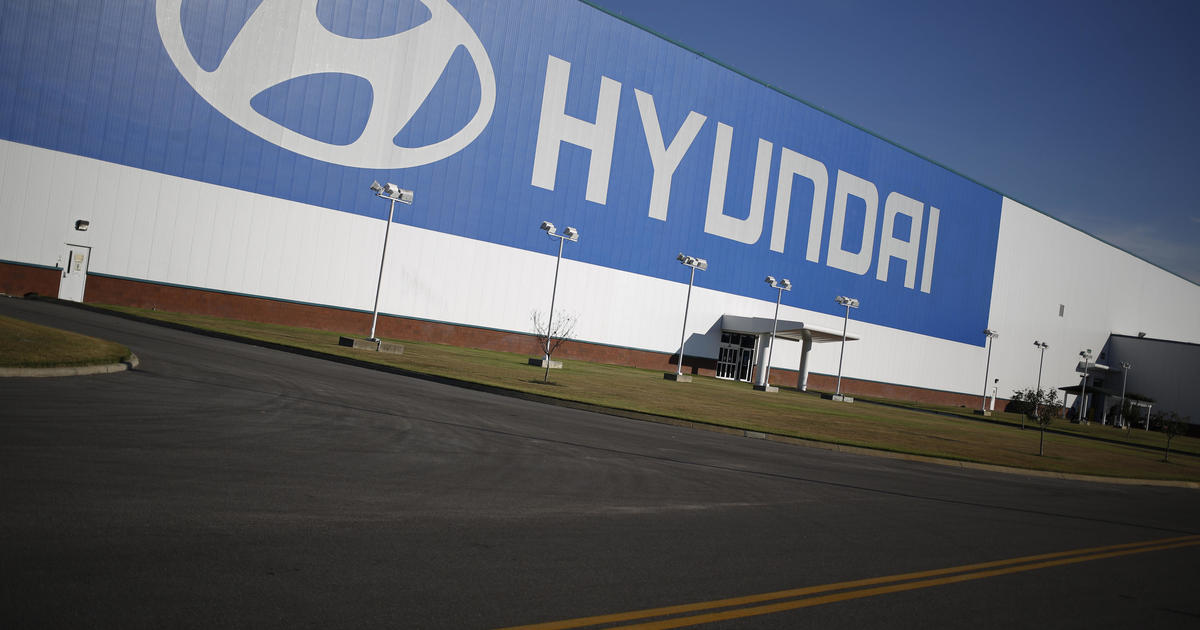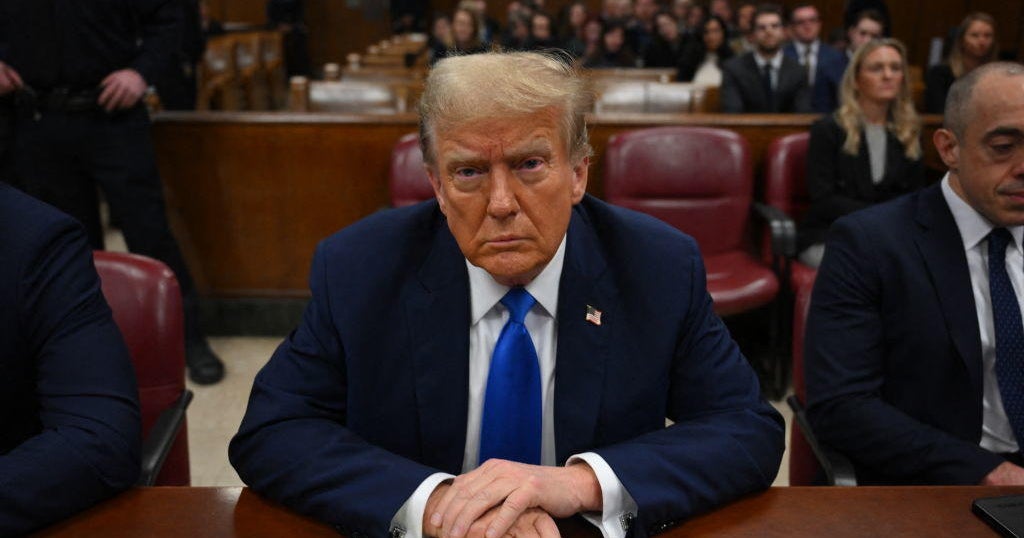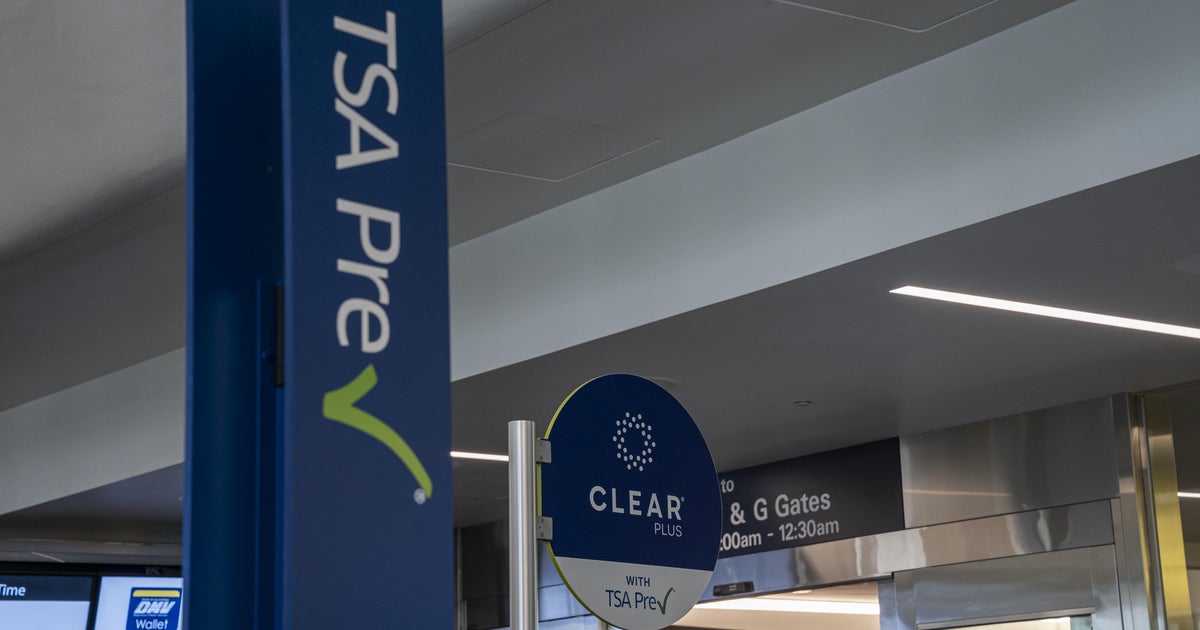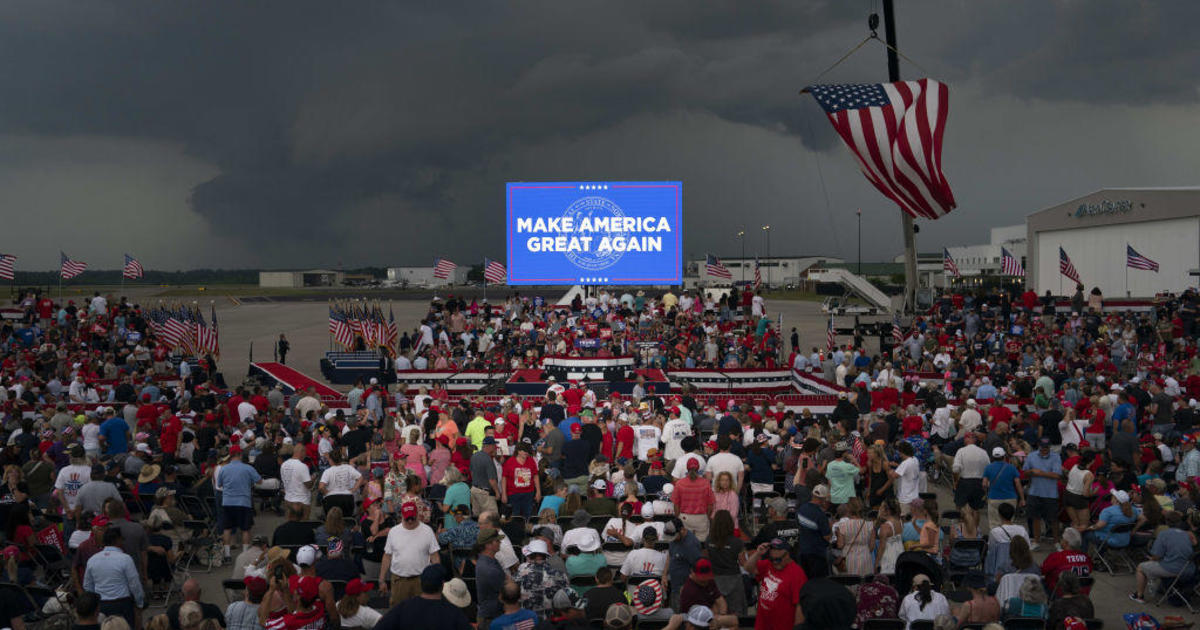Trump threatens 20% tariff on cars imported from Europe
President Trump is threatening to impose a 20 percent tariff on all auto imports from Europe, ahead of results from an investigation initiated last month by his own Commerce Department.
"Based on the Tariffs and Trade Barriers long placed on the U.S. and it great companies and workers by the European Union, if these Tariffs and Barriers are not soon broken down and removed, we will be placing a 20% Tariff on all of their cars coming into the U.S. Build them here!," he said in a tweet.
In May, the Trump administration floated a 25 percent tariff on car imports, framing them as a means to ensure the vitality of key U.S. industries. The White House has invoked the same rationale in assessing tariffs earlier this month on steel and aluminum imports.
But the threat to slap heavy tariffs on imported cars and parts in the name of U.S. national security faces a barrage of opposition, with everyone from heads of state and Republican lawmakers to average Americans weighing in on the plan.
Here's what you need to know about the proposal and its potential impact:
Auto tariffs could lead to major job losses
The Peterson Institute for International Economics estimates that as many as 195,000 U.S. workers could lose their jobs over the next three years if demand for cars imported into the U.S. slows because of the tariffs. That amounts to nearly 2 percent of the workforce for America's auto and auto parts industries.
That calculation assumes no countries would be exempted from U.S. car tariffs, including our trading partners North American Free Trade Agreement partners Canada and Mexico. The potential trade action would affect more than $200 billion in U.S. imports, PIIE said.
But it could get worse. If other countries retaliate and tax similar products, a whopping 624,000 U.S. jobs may be lost, the research firm estimates.
Almost 1 million U.S. jobs are tied directly to auto and parts manufacturing, according to the Bureau of Labor Statistics. Another 2 million jobs are linked directly to vehicle and parts dealers.
Japanese car makers accounted for 92,000 jobs in the U.S., according to the Japanese Auto Manufacturers Association's annual report. Jobs tied to dealer networks provide more than 350,000 jobs.
German car makers employ more than 36,000 workers in the U.S. Another 80,000 work for American suppliers, according to German auto industry group VDA.
Car prices would rise
For Americans, new auto tariffs would likely mean higher car prices for both imported and domestically manufactured vehicles.
"Tariffs would raise the cost of these parts and domestic production, which makes products more expensive to consumers and lowers demand for them in the United States and abroad," according to PIIE's analysis.
How much? Roughly 10 percent more for a new car, estimates show.
Sen. Orrin Hatch, who opposes the car tariffs, did the math for Commerce Secretary Wilbur Ross at a hearing this month. The Utah Republican cited the average price of $23,200 for an imported car. A 25 percent tariff means that car costs about $5,800 more.
"For most American families, their car is the second biggest purchase they make," Hatch told Ross. "And many require a car to get to their jobs. It is a significant financial commitment for most families, often paid for with debt, and I'm shocked that anyone would consider making it more expensive."
Trump's tariffs designed to pressure EU
Mr. Trump's tactics may working. Germany's top automakers favor ending all import tariffs for cars between the European Union and the U.S., the Wall Street Journal reported June 20.
That means the EU's 10 percent tax on U.S. auto imports and the 2.5 tariff on auto imports in the U.S. would end. The catch? Trump would have to drop the 25 percent tariff proposal, according to the Journal.
That might be a relief to Swedish carmaker Volvo, which opened a factory in South Carolina this month. It expects to employ 2,000 people initially, eventually bringing the workforce up to 4,000, according to its website.
"If you have trade barriers and restrictions, we cannot create as many jobs as we are planning to," Volvo Cars CEO Hakan Samuelsson told Reuters at an event celebrating the new facility.
"Our baseline assumption is that automotive tariff threats are being used as a negotiating tactic," wrote Jeff Schuster, president of forecasting for industry analyst LMC Automotive, in a blog post."However, risk is mounting that this ploy could backfire and further escalate into something more permanent, or an outright trade war."
Tariffs are a blunt instrument
The biggest exporters of cars to the U.S. are Canada and Mexico, followed by Japan and Germany. Indeed, the modern auto industry is global. Parts made in one country are shipped to be assembled in another, often in plants near where there's demand for that particular vehicle.
In 2017, Mexico accounted for the largest share of exports of new passenger vehicles into the U.S., at 24 percent. Canada was next at 22 percent, followed by Japan (21 percent), Germany (11 percent) and South Korea (8 percent). Other countries made up the rest, according to the U.S. Commerce Department.
Overall, the U.S. imported 8.3 million vehicles last year valued at $192 billion and exported about 2 million vehicles worth $57 billion.
Canadian Prime Minister Justin Trudeau this week said the integration of the auto industry in the U.S. and Canada means he has "a hard time accepting that any leader might do the kind of damage to his own auto industry that would happen if he were to bring in such a tariff on Canadian auto manufacturers," Reuters reported.



